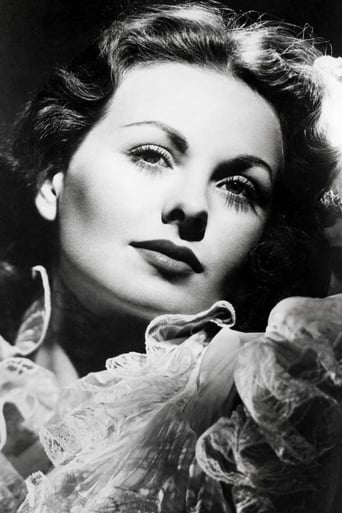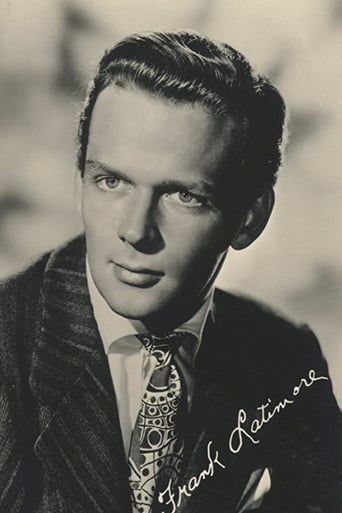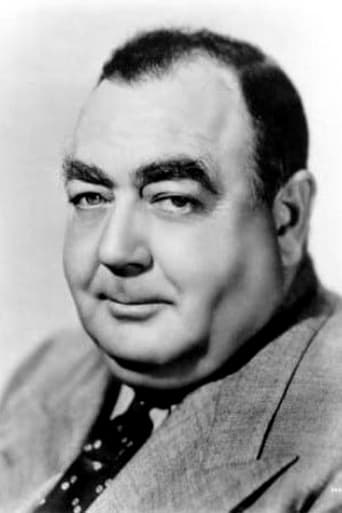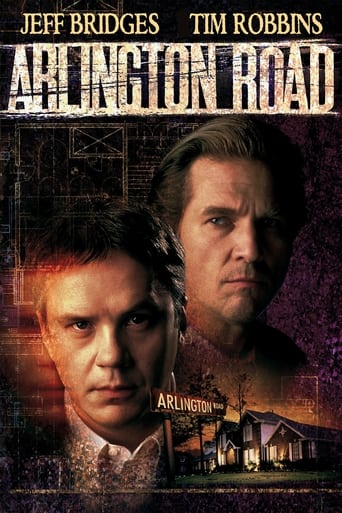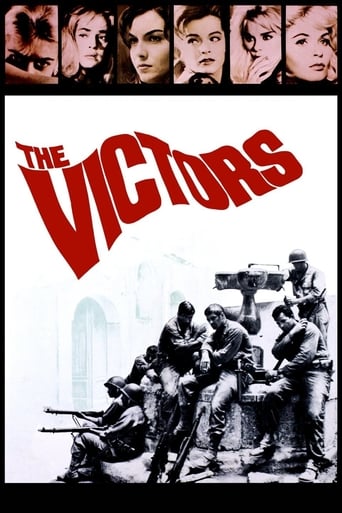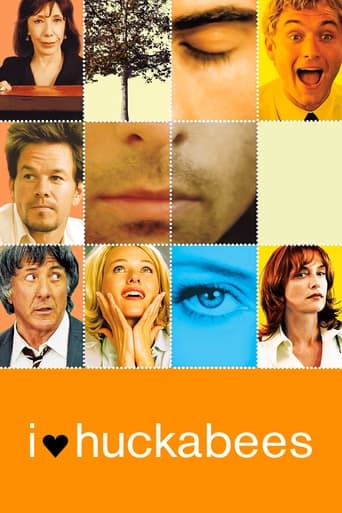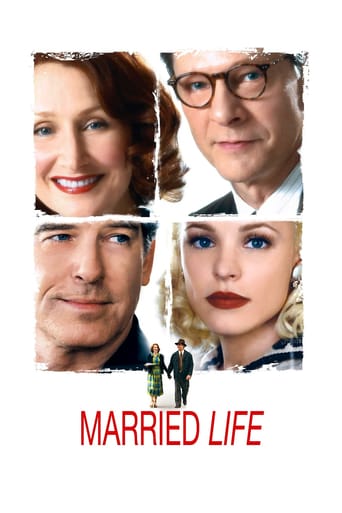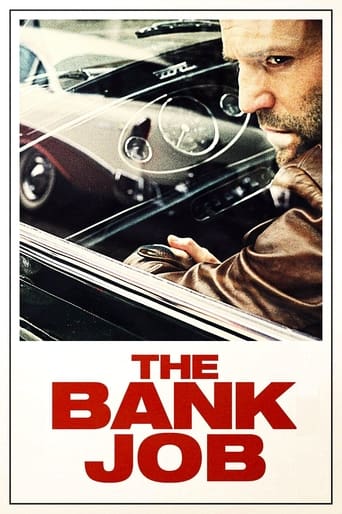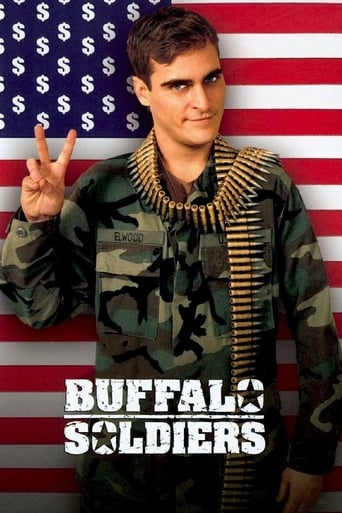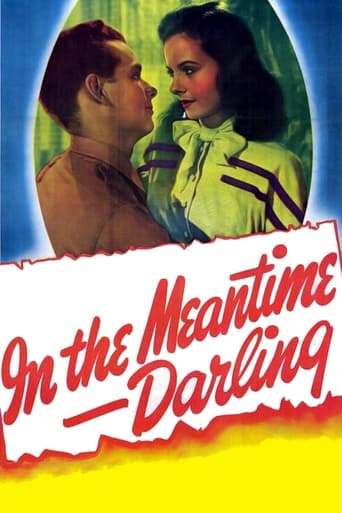
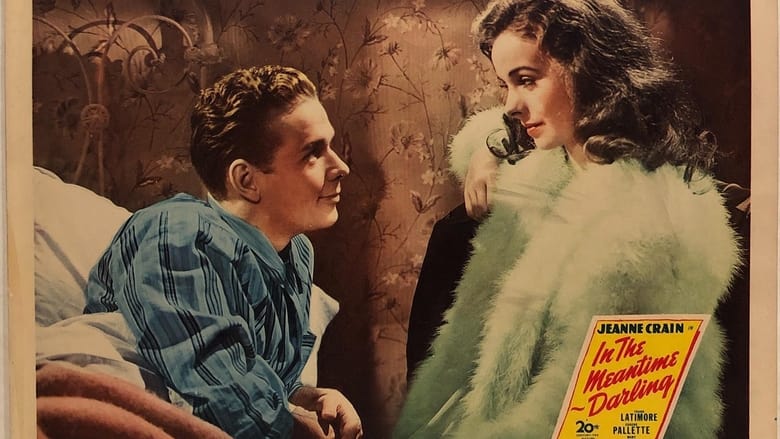
In the Meantime, Darling (1944)
A young bride who comes from a rich family has a hard time adjusting to life in a boarding house with other soldiers and their wives. Her spoiled ways cause resentment from the other wives and problems with her husband.
Watch Trailer
Cast


Similar titles
Reviews
This slight drama rather reminds me of the much more entertaining "Something for the Boys", also released by Fox in '44. That film clearly could be labeled a musical comedy, as there was plenty of both. In this film, there is a minimum of both. The chief bit of comedy comes from Jeanne Crane, as Maggie, making a total mess of her first attempt to prepare baby formula, highlighting her general lack of experience in home economics, despite having a college degree. She's used to servants doing these things. Then, there's the false rumor that she is pregnant, that she has to deal with. This was the film debut for Gale Robbins. Gale had been a singer in various bands. She would be sparingly used by Hollywood, seldom with a major part, as in this film. Sometimes, as in this film, she would get to sing a song. Given her beauty, singing and acting ability, it's a wonder she didn't become a major star. Instead,she was often cast as 'the other woman'. Information from another site indicates that there were many changes to the screenplay, even as filming proceeded, suggesting dissatisfaction. Veteran character actor Eugene Palette, who played Jeanne's father, was fired part way through, for pro-German utterances, and racial slurs. The film does give us some idea of the stressful conditions which many married military couples went through, forced to live in substandard temporary housing, until their next assignment.Available at YouTube
The purpose of this film was obvious--the filmmakers wanted to press home the notion that there must be self-sacrifice for the war effort. The problem is that this propaganda message seems a bit too obvious--especially since they made the main character, Maggie, a bit too unrealistic.When the film begins, Maggie (Jeanne Crain) is marrying Lt. Ferguson. However, it's obvious that they're a bit mismatched. He is a normal everyday guy, she's a spoiled rich brat who is used to having everyone cater to her. However, she's going to be living in a boarding house with a lot of other military wives...and it's going to be tough going because of her ridiculous expectations.The Maggie character was just poorly written. She either came off as an entitled jerk or a self-less woman who, miraculously, realizes the importance of the war. It's just too black & white in its portrayal of the lady. Overall, a decent enough idea for a wartime film but one that just doesn't seem to work.
A society gal's disillusionment with her soldier husband's circumstances and a misunderstanding over a mistaken pregnancy are at the center of this story taking place during World War II. Over the course of the picture, newlywed Maggie Preston (Jeanne Crain) learns about her landlady's perseverance following the death of her husband and comes to realize that there's more to life and family than fancy gowns and high society.Though there are some humorous scenes, I wouldn't go so far as to call this a comedy, even if Lieutenant Daniel Ferguson (Frank Latimore) and Army buddy Red Pianatowski (Stanley Prager) mull over the concept of 'There's something funny going on around here'. I'm not sure if viewers of the era were able to accept Red's marriage to a knockout wife like Shirley (Gale Robbins). I certainly couldn't see it, especially with his gambling habit with the other boys in uniform. I guess that's another idea that was supposed to be funny but it just didn't translate for this viewer.I was wondering if they'd ever get around to the patriotic stuff, and in that regard landlady Jerry Armstrong (Jane Randolph) didn't let me down. She had an inspiring conversation with young Maggie to help her understand how her husband's service to the country is what made America a beacon to the free world.But you know, it's the little, otherwise unnoticed things in pictures like this that I really get a kick out of. Before we learn who Helen Corkery (Elisabeth Risdon) is, notice how she cautiously accepts Maggie Preston's 'tip' and surreptitiously places it in the Red Cross can. Later on at the celebration dance, one of the characters prefers to have a 'high ball'. Does anyone use that term anymore? And finally, I always like to give a plug to character actor Henry Muse whenever I catch him in a picture. As the hotel porter, he played it with dignity and charm, much unlike the way black actors were usually expected to perform in pictures of the era. His was probably the classiest performance here.
While waiting for their GI husbands to be shipped overseas,they live in a temporary boarding house.Coming from a wealthy family, Jeanne Crain has a difficult time adjusting to her life there until she finds out that the head of the house is a war-widow.The film deals with their lives there. Despite trying to settle down, Crain is ready to buy a trailer home so that they can live better and have her father, a wealthy industrialist, pull strings so that her husband, Danny, Frank Latimore, remain at the home front.When a book is found about child care, everyone erroneously thinks that Crain is pregnant.The ending is typical Hollywood. With Danny shipping off, the two kiss and vow to have enough children to start a football team. We've heard this before, but the film is a good one as it reminds us of the sacrifices made by those gals during war-time.


